Electric Truck News
Which is better pure electric vehicles or gasoline – powered vehicles?
Posted on by Electric Trucks
In today’s automotive landscape, the choice between pure electric vehicles (EVs) and gasoline – powered vehicles has become a highly debated topic. Given the pressing concerns of environmental protection and energy consumption, understanding the pros and cons of each option is crucial for consumers and the broader automotive industry. This article will conduct an in – depth analysis of the advantages and disadvantages of pure electric vehicles and gasoline – powered vehicles from multiple perspectives, enabling readers to make more informed decisions.
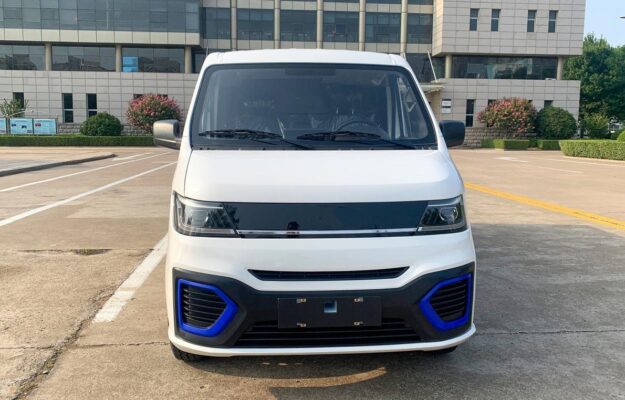
What is the biggest difference between pure electric vehicles and gasoline – powered vehicles?
The most fundamental distinction between pure electric vehicles and gasoline – powered vehicles lies in their power sources. Pure electric vehicles operate on electricity, harnessing the electrical energy stored within their batteries to drive an electric motor. This process is relatively straightforward and involves converting electrical energy directly into mechanical motion. In contrast, gasoline – powered vehicles rely on the energy generated through the combustion of fuel. The internal combustion engine (ICE) in these vehicles burns gasoline, which releases energy in the form of heat. This heat is then converted into mechanical work to propel the vehicle forward.
This difference in power sources has far – reaching implications for various aspects of the vehicles, including their performance, environmental impact, and overall cost of ownership.
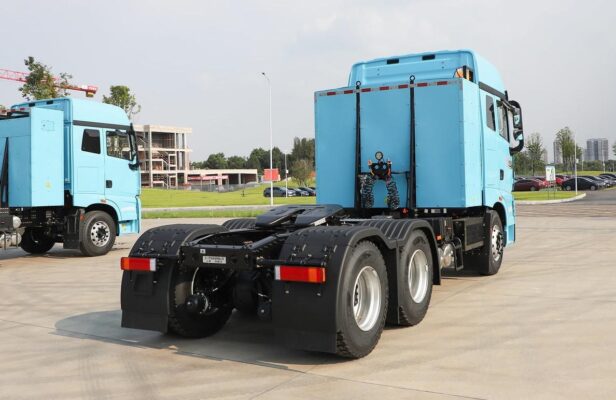
What are the advantages of pure electric vehicles?
Environmental Friendliness: Zero Emissions
One of the most significant advantages of pure electric vehicles is their environmental impact. EVs produce zero tailpipe emissions, which means they do not release pollutants such as carbon monoxide, nitrogen oxides, or particulate matter during operation. This is a major boon in the fight against air pollution and global climate change. In urban areas, where air quality is often a concern, the widespread adoption of electric vehicles can lead to a substantial reduction in harmful emissions, improving the health and well – being of residents.
High Energy Efficiency
The energy conversion efficiency of electric vehicles is relatively high. Electric motors are highly efficient at converting electrical energy into mechanical energy, with conversion rates often exceeding 80 – 90%. In contrast, the energy conversion rate of gasoline – powered vehicles is much lower. Internal combustion engines typically have an overall efficiency of around 20 – 30% due to losses in heat dissipation, friction, and other factors. This higher energy efficiency means that electric vehicles can make better use of the energy they consume, reducing the overall energy demand for transportation.

Quiet Operation
Pure electric vehicles are known for their quiet operation. The absence of a noisy internal combustion engine provides a more peaceful and comfortable ride for passengers. This not only enhances the driving experience but also has implications for noise pollution reduction. In residential areas, electric vehicles can operate without causing the same level of disturbance as gasoline – powered vehicles, contributing to a quieter and more pleasant living environment.
Improving Range and Charging Infrastructure
With the continuous development of battery technology, the range of pure electric vehicles is gradually increasing. Modern EVs are capable of traveling longer distances on a single charge, making them more suitable for a wider range of travel needs. Additionally, the charging facilities for electric vehicles are also improving. The number of charging stations is growing, and the charging speed is getting faster. For example, fast – charging stations can now provide a significant amount of charge in a relatively short time, reducing the inconvenience associated with long – charging times.

What are the advantages of gasoline – powered vehicles?
Longer Range
Gasoline – powered vehicles currently have a significant advantage in terms of range. They can cover long distances without the need for frequent stops. This is particularly important for long – distance travel, such as cross – country trips or highway driving. A full tank of gasoline can typically take a vehicle hundreds of kilometers, and refueling at gas stations is a quick process, allowing drivers to resume their journey almost immediately.
Convenience of Refueling
The convenience of refueling gasoline – powered vehicles cannot be overstated. Gas stations are widespread and well – established, with a large number of locations across the country and even in remote areas. This means that drivers rarely have to worry about running out of fuel, as they can easily find a gas station nearby. In contrast, the popularity of charging stations for electric vehicles is still relatively low, especially in rural or less – populated areas.
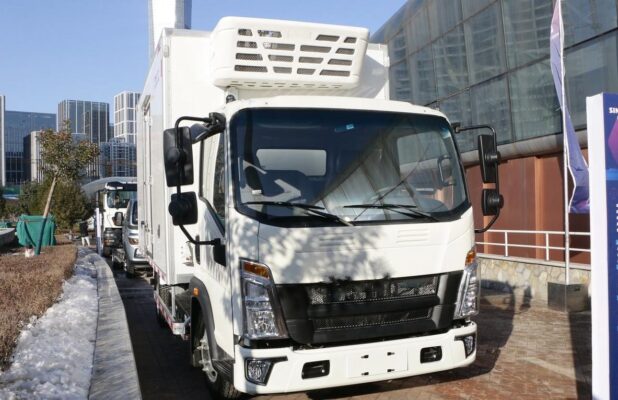
Lower Manufacturing Cost
The manufacturing cost of gasoline – powered vehicles is relatively low. This is due in part to the long – established manufacturing processes and the large – scale production of internal combustion engines and related components. The simplicity of the basic design, compared to some of the complex battery and electric systems in EVs, also contributes to cost savings. This lower manufacturing cost can translate into more affordable purchase prices for consumers, making gasoline – powered vehicles a more accessible option for many.
Mature Technology and Easier Maintenance
The technology of traditional gasoline – powered vehicles is more mature. Mechanics are generally more familiar with the workings of internal combustion engines, and there is a well – developed network of repair shops and spare parts suppliers. Maintenance and repair of gasoline – powered vehicles are often easier and more straightforward. Common issues such as engine problems, oil changes, and brake repairs are well – understood, and the cost of replacement parts is relatively stable.
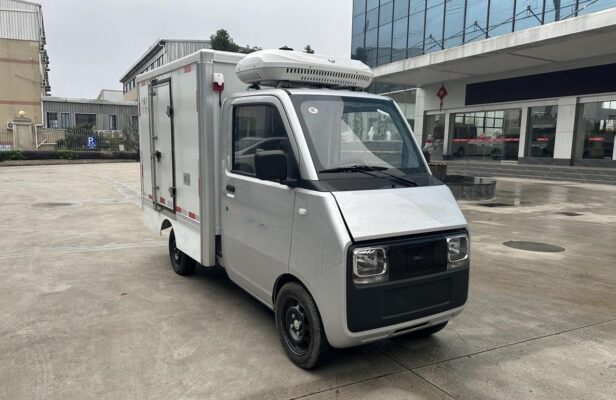
What are the problems with pure electric vehicles?
Limited Range
The range of pure electric vehicles remains a significant drawback. Despite the improvements in battery technology, current EVs still have a relatively short range compared to gasoline – powered vehicles. This limited range requires frequent charging, especially for longer trips. For example, some electric vehicles may only be able to travel a few hundred kilometers on a single charge, which can be a hindrance for those who need to cover long distances regularly.

Charging Infrastructure and Speed
The construction of charging facilities for electric vehicles is still in progress, and the charging speed is still not as fast as refueling a gasoline – powered vehicle. While fast – charging stations are becoming more common, they are not yet as ubiquitous as gas stations. Additionally, even with fast – charging, it still takes longer to charge an electric vehicle compared to refueling a gasoline – powered vehicle. This can be a major inconvenience, especially for those with time – sensitive travel plans.
Higher Price
The price of electric vehicles is relatively high. Several factors contribute to this. The high cost of batteries, which are a major component of electric vehicles, is a significant factor. Batteries are expensive to produce, and their cost is often passed on to the consumer. Additionally, the manufacturing process of electric vehicles can be more complex due to the integration of advanced battery management systems, electric motors, and other components. This complexity also adds to the overall cost, making electric vehicles a large economic burden for some consumers.
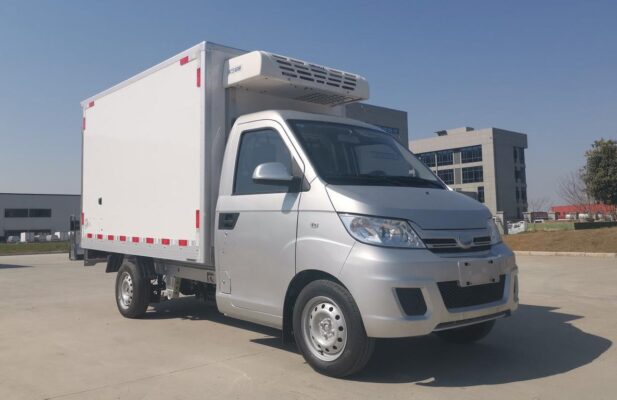
What are the problems with gasoline – powered vehicles?
Environmental Pollution
Gasoline – powered vehicles produce exhaust emissions that are a major contributor to environmental pollution. These emissions include carbon monoxide, nitrogen oxides, particulate matter, and greenhouse gases such as carbon dioxide. The continuous release of these pollutants has a negative impact on air quality, contributing to respiratory problems, smog formation, and global climate change.
Limited Fossil Fuel Resources
Gasoline resources are finite. As the number of vehicles on the road continues to increase, the consumption rate of petroleum resources is accelerating. This unsustainable use of fossil fuels raises concerns about future energy security. The reliance on imported oil in many countries also makes them vulnerable to fluctuations in global oil prices and geopolitical issues related to oil – producing regions.

Lower Energy Efficiency
Compared to electric motors, gasoline internal combustion engines have a lower energy conversion efficiency. As mentioned earlier, the overall efficiency of internal combustion engines is relatively low, resulting in a significant amount of energy being wasted as heat. This inefficiency not only means higher fuel consumption but also a less – efficient use of the world’s energy resources.
In conclusion, pure electric vehicles and gasoline – powered vehicles each possess their own set of advantages and disadvantages. The characteristics of pure electric vehicles, such as their environmental friendliness, high energy efficiency, and quiet operation, represent the future trends in vehicle development. However, their current limitations in range and charging facilities remain significant challenges. On the other hand, gasoline – powered vehicles’ advantages in terms of long range, convenient refueling, and relatively low selling price keep them dominant in the current market. Nevertheless, their issues with exhaust emissions and energy consumption urgently need to be addressed. As battery technology and charging facilities continue to progress, pure electric vehicles are expected to gradually become a more attractive and viable option for a wider range of consumers.